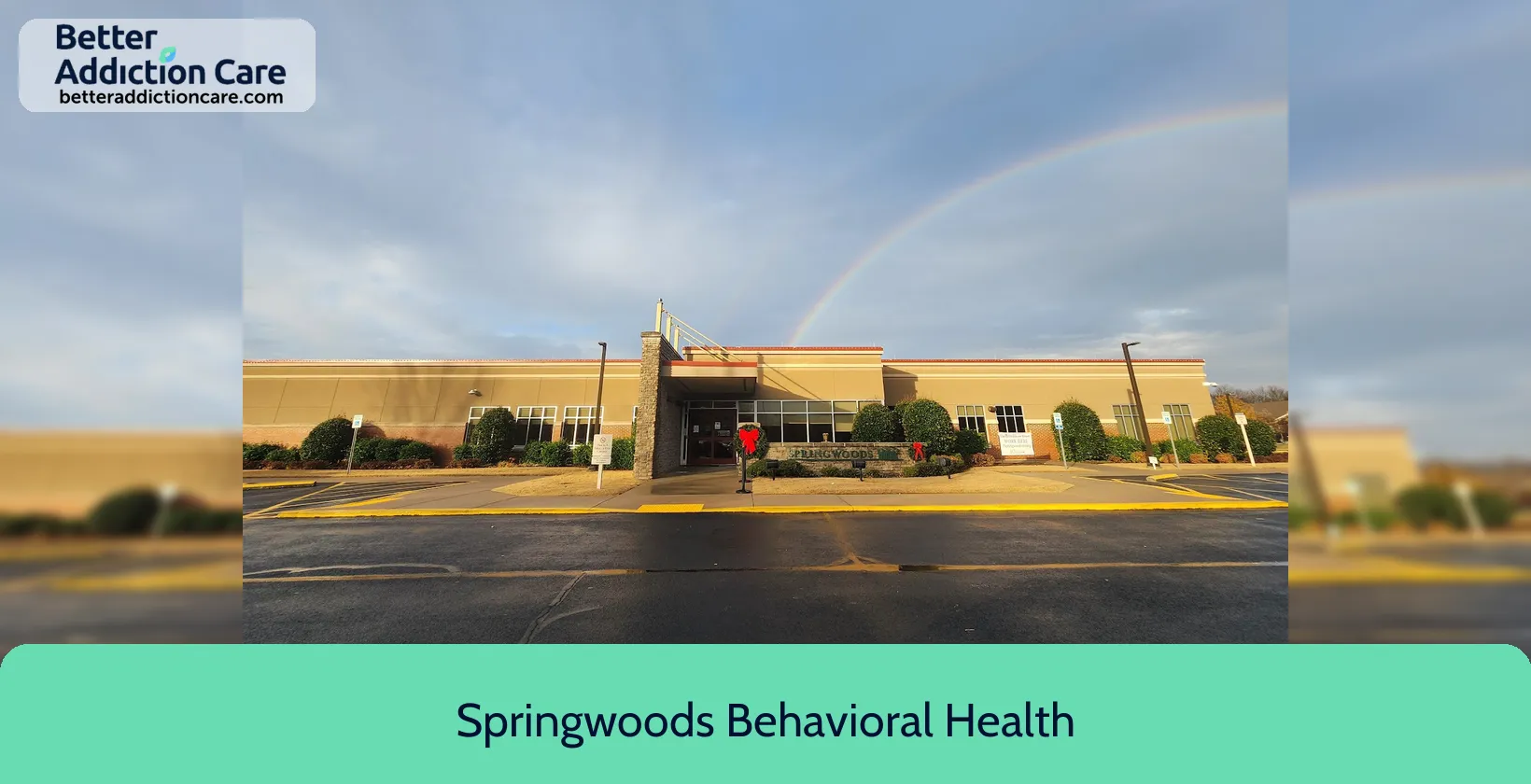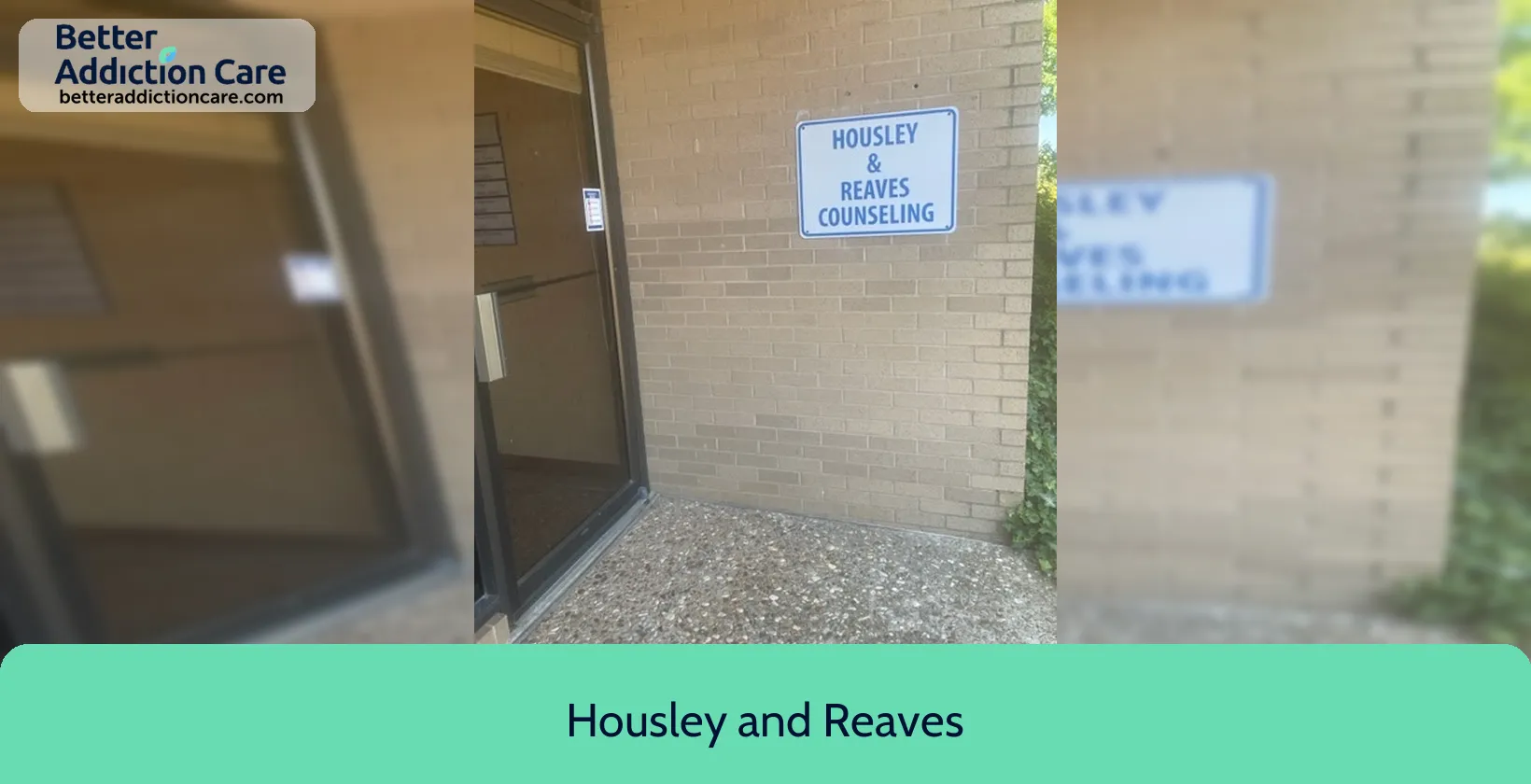Stockton Medical Group

Overview
Stockton Medical Group is an substance abuse treatment center that provides outpatient treatment for men and women between 18 and 65+ years of age. As part of their special programs, Stockton Medical Group treats clients with co-occurring mental and substance use disorders, veterans, and active duty military. To help patients achieve sobriety, Stockton Medical Group provides intake assessments. Afterward, patients receive cognitive behavioral therapy, telemedicine/telehealth therapy, and substance use disorder counseling during treatment. Stockton Medical Group is located in Fayetteville, Arkansas, providing treatment for people in Washington County, accepting cash or self-payment, medicare, and private health insurance.
Stockton Medical Group at a Glance
Payment Options
- Cash or self-payment
- Medicare
- Private health insurance
Assessments
- Comprehensive substance use assessment
- Outreach to persons in the community
- Screening for substance use
Age Groups
- Seniors or older adults
- Young adults
- Adults
- Seniors
Ancillary Services
- Case management service
- Suicide prevention services
- Social skills development
- Opioid use disorder clients only
Highlights About Stockton Medical Group
6.90/10
With an overall rating of 6.90/10, this facility has following balanced range of services. Alcohol Rehabilitation: 8.00/10, Drug Rehab and Detox: 6.62/10, Insurance and Payments: 6.00/10, Treatment Options: 6.97/10.-
Alcohol Rehabilitation 8.00
-
Treatment Options 6.97
-
Drug Rehab and Detox 6.62
-
Insurance and Payments 6.00
Treatment At Stockton Medical Group
Treatment Conditions
- Alcoholism
- Substance use treatment
Care Levels
- Outpatient
- Outpatient methadone/buprenorphine or naltrexone treatment
- Regular outpatient treatment
- Aftercare
Treatment Modalities
- Cognitive behavioral therapy
- Telemedicine/telehealth therapy
- Substance use disorder counseling
- Smoking/vaping/tobacco cessation counseling
- Group counseling
Ancillary Services
Additional Services
- Pharmacotherapies administered during treatment
- Mentoring/peer support
- Breathalyzer or blood alcohol testing
Special Programs
- Clients with co-occurring mental and substance use disorders
- Veterans
- Active duty military
- Members of military families
- Criminal justice (other than DUI/DWI)/Forensic clients
Get Help Now
Common Questions About Stockton Medical Group
Contact Information
Other Facilities in Fayetteville

6.80

6.89

6.71

6.87
Browse rehab centers near Fayetteville and in other cities across Arkansas
DISCLAIMER: The facility name, logo and brand are the property and registered trademarks of Vantage Point of Northwest Arkansas, and are being used for identification and informational purposes only. Use of these names, logos and brands shall not imply endorsement. BetterAddictionCare.com is not affiliated with or sponsored by Vantage Point of Northwest Arkansas.
